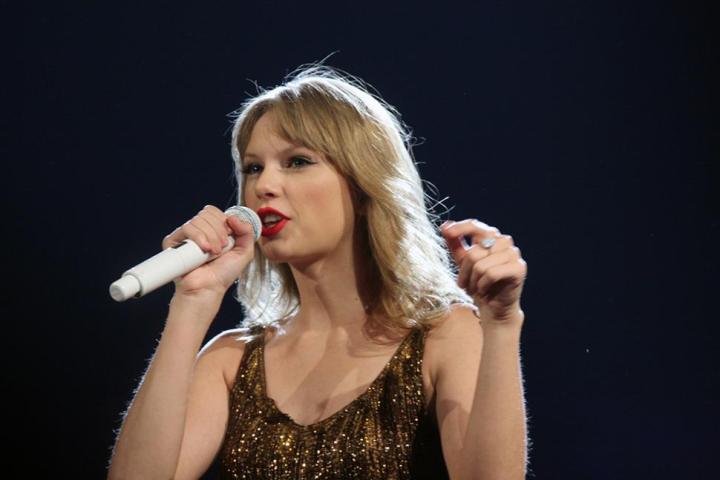
It was the largest category increase for the company, who distributes money for everything from Internet radio plays to TV and film licensing.
Overall, royalty revenues are higher than ever. BMI announced a new record for this fiscal year, with over $1.013 billion generated for songwriters, composers, and music publishers. Of that, $887 million went directly to copyright holders and musical creators.
With more and more people purchasing or listening to music through streaming services, the question remains — is $100 million in returned royalties through some of the largest media companies on the planet enough? Spotify pays out between .006 and .0084 cents per play, with top artists only earning big money for hundreds of millions of streams.
For such a large segment of the distribution market, digital distributors pay much less per play than companies in more traditional royalty generating segments like TV and film. Of the 600 billion performances BMI processed in the fiscal year, a whopping 500 billion of them were digital, a 25% increase over last year.
Evidence suggests that even BMI itself doesn’t think $100 million in digital distribution profits is enough, given the tremendous amount of plays that accounts for. The company spent a large portion of the past two years in a protracted legal battle with Pandora, finally settling for 2.5% of the internet radio giant’s profits.
Mike O’Neill, current president and CEO of the company is determined to get more money for artists. Despite record profits, he says, “We will continue to work hard on behalf of the more than 700,000 affiliates we have the privilege to represent, not only to make sure they can continue to earn a living doing what they love, but also through our ongoing efforts with Congress and the U.S. Department of Justice to rewrite the rules so they make sense for today’s digital world.”
Editors' Recommendations
- What is YouTube Premium? Price, content, and more
- Tidal launches free subscription tier and more ways for artists to get paid
- YouTube TV may get $10 cheaper — but lose a bunch of channels
- Spotify tweaks search functionality to make music discovery more convenient
- YouTube to finally get a video clipping feature




